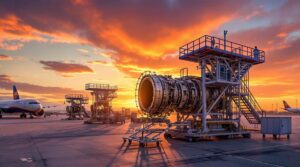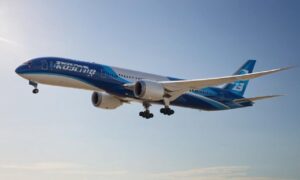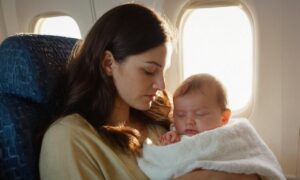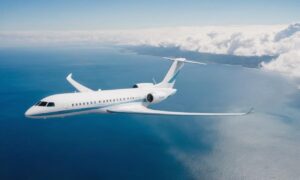Considering whether to wear a mask on a plane involves various factors, including health concerns, regulations, and personal comfort. Let’s delve into this topic to provide comprehensive insights.
The Importance of Wearing Masks on Planes
Amidst concerns about airborne transmission, masks act as a barrier, reducing the risk of spreading or contracting respiratory illnesses. On a plane, where numerous individuals from diverse backgrounds come into close contact, wearing masks can significantly mitigate the spread of infections.
Health Regulations and Guidelines
Health authorities and airlines often mandate mask-wearing during flights to safeguard passengers and crew members. These regulations might differ based on destination, airline policies, and prevailing health conditions. It’s crucial to stay updated with current guidelines before traveling.
Effectiveness of Masks
The effectiveness of masks depends on various factors, such as the mask type, proper fit, and consistent usage. High-quality masks, like N95 or KN95 respirators, offer better filtration than cloth masks, but any well-fitting mask provides a level of protection.
Considerations for Mask Selection
When deciding on a mask for air travel, factors like comfort, breathability, and filtration efficiency come into play. Opt for masks that offer a balance between comfort and protection, ensuring you can wear it comfortably for the duration of your flight.
Mask Etiquette and Usage
Proper mask etiquette involves wearing the mask over the nose and mouth, avoiding touching it frequently, and replacing it if it becomes damp or soiled. Additionally, practicing good hand hygiene complements the effectiveness of mask-wearing.
Personal Health and Risk Assessment
Individuals with underlying health conditions or compromised immunity might consider wearing masks as an extra precaution. Consulting with a healthcare professional can provide personalized advice regarding mask usage during air travel.
Comfort and Adaptability
Some individuals might find wearing masks uncomfortable, especially for extended periods. However, choosing masks made from breathable materials and taking breaks, when feasible, can enhance comfort without compromising safety.
Ultimately, the decision to wear a mask on a plane involves weighing multiple factors, including health considerations, regulations, and personal preferences. Ensuring compliance with relevant guidelines while prioritizing personal comfort and safety is key.
The Impact of Mask-Wearing on Air Quality
Air quality inside an aircraft can vary, and wearing masks might affect individual experiences. While masks help filter airborne particles, they might also influence personal comfort by impacting breathing and perceived air quality.
Materials and Air Circulation
The choice of mask material can impact airflow and comfort during a flight. Masks made from breathable materials can mitigate discomfort caused by restricted airflow, enhancing the overall travel experience.
Frequently Asked Questions
| Question | Answer |
|---|---|
| Are cloth masks effective on planes? | Cloth masks offer some level of protection by filtering respiratory droplets, but their effectiveness can vary. Consider higher-grade masks for enhanced filtration. |
| Should I wear a mask if I’m vaccinated? | Vaccination reduces the risk of severe illness but wearing a mask adds an extra layer of protection, especially in crowded settings like planes. |
| How often should I change my mask during a flight? | Replace your mask if it becomes damp or soiled. Carrying extra masks ensures you can change them if needed. |






